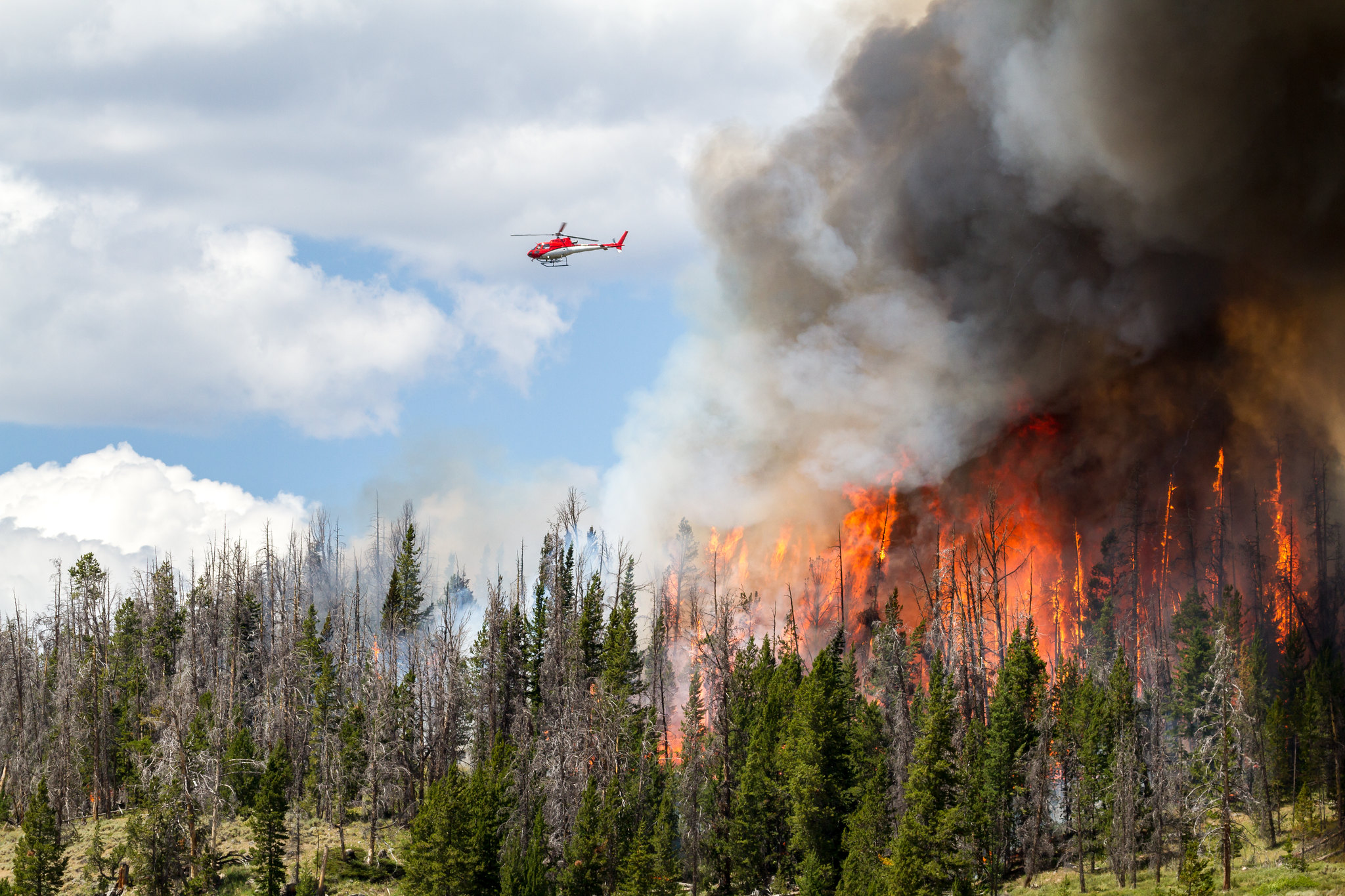This week, multiple forest management bills passed out of committee in the U.S. House and Senate with bipartisan support. One of the bills passed by both chambers offers a permanent fix to a controversial Ninth Circuit Court ruling known as Cottonwood. This tiny provision carries huge implications for conservation, impacting the speed at which the Forest Service can mitigate the wildfire crisis and restore healthy forests.
What is Cottonwood?
The ruling requires the Forest Service to halt forest restoration projects throughout a forest whenever a new species is listed, critical habitat is designated, or other new information is discovered about a species in that forest. The projects can’t proceed until the Service consults with the Fish and Wildlife Service over whether to change its overarching forest plans, a slow and expensive process.
Pausing projects to protect vulnerable species may sound reasonable, but the reality is that this is a duplicative and distracting process. The Service already analyzes this new information before proceeding with specific projects, ensuring that no harm can come to species. The additional plan-level analysis is a duplicative bureaucratic obstacle.
And the pause itself is no small matter.
Consider the case of the Bozeman Municipal Watershed Project in PERC’s headquarters in Bozeman, Montana. The project was intended to create critical fire breaks and insulate Bozeman’s watershed from wildfire risk, but the urgently needed restoration work was delayed by 18 years. Once one suit filed under the Cottonwood precedent was resolved, another would be put forth, creating delay after delay and leaving Bozeman’s drinking water vulnerable to a wildfire.
Such examples explain why the Obama administration said the Cottonwood ruling would “cripple” the Forest Service.
How can this hurdle be addressed?
A temporary legislative fix was put in place in 2018, but it expired in March 2023. With Cottonwood left unchecked, Forest Service Deputy Chief Chris French estimates projects could grind to a halt in 87 forest plans across the West. According to French, completing duplicative analysis for all of these forest plans would take “somewhere between 5 and 10 years and tens of millions of dollars.” With an 80-million-acre forest restoration backlog, that’s time and money the Forest Service does not have.
That’s why this bipartisan congressional action is so welcome. It’s past time Congress establishes a permanent fix for Cottonwood.
“Wildfires move fast, and they don’t wait around for bureaucracy that’s slow,” notes PERC CEO Brian Yablonski. “The bipartisan Cottonwood fix will foster more resilient forests, nurture healthy wildlife habitat, and play a critical role in tackling the wildfire crisis. With larger, hotter wildfires fueled by a backlog of forest restoration projects, it’s critical we remove needless and redundant obstacles to this urgent conservation work.”
PERC stands with other conservationists in thanking Sen. Steve Daines (R-MT) and Chairman Joe Manchin (D-WV) in the Senate and Chairman Bruce Westerman (R-AR) and Rep. Matt Rosendale (R-MT) in the House for their leadership in protecting our forests.
What happens next?
Now that the bills have committee approval, they move forward for votes by the entire House of Representatives and Senate, after which they go to the President for his signature.
PERC will continue to support this bipartisan effort and move us farther down the path to fixing America’s forests.
Additional Resources:
Litigation Threatens to Upend Biden’s Strategy to Tackle the Wildfire Crisis
“Cottonwood” Delays Urgently Needed Forest Restoration
Time’s Up on the Cottonwood Fix
Fix America’s Forests: Reforms to Restore National Forests and Tackle the Wildfire Crisis




